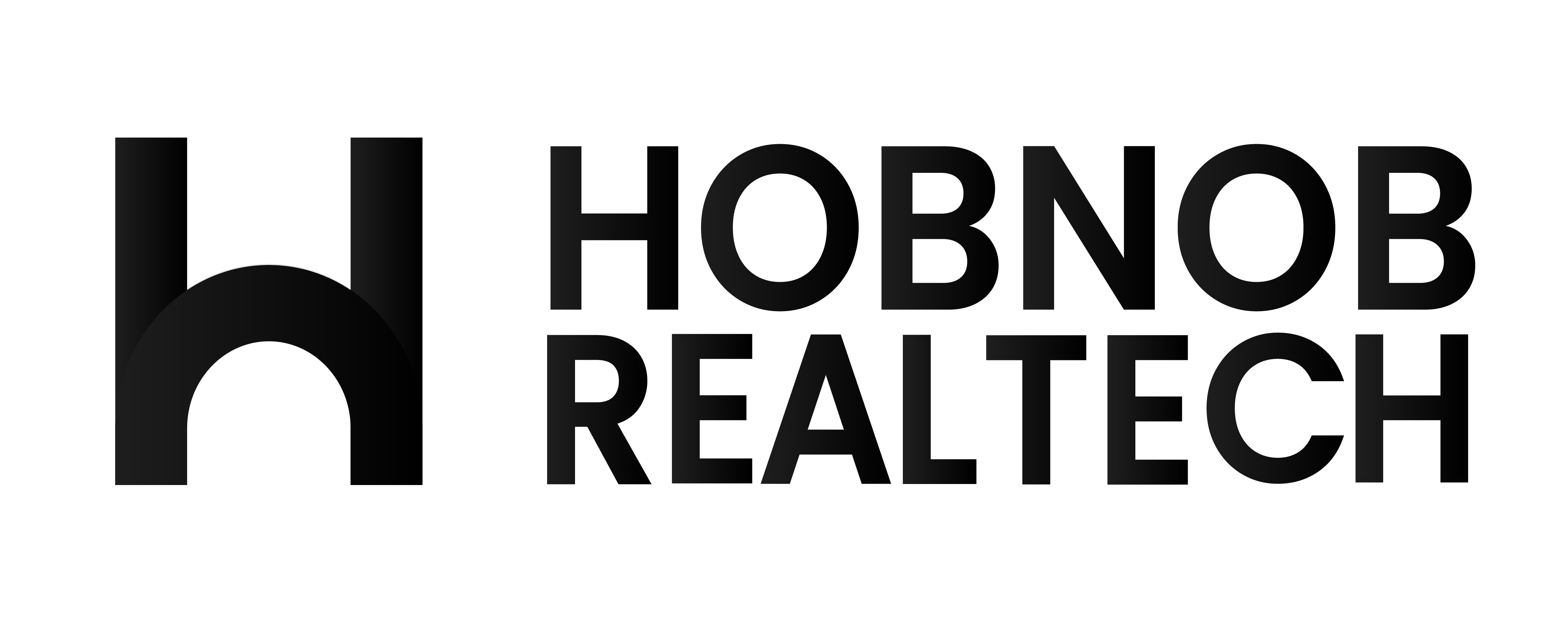The future of real estate in India is poised for significant transformation, driven by technological advancements, changing consumer preferences, and economic dynamics. Here’s a comprehensive look at the anticipated trends and how realtors can adapt to them.

1. Technological Integration
– PropTech Adoption: Technologies like AI, machine learning, and big data analytics will increasingly influence property management, market analysis, and customer engagement. Realtors can leverage these tools for predictive analytics, enhancing decision-making and operational efficiency.
– Virtual and Augmented Reality: These technologies will revolutionize property viewing, allowing potential buyers to experience properties remotely. Realtors should invest in creating immersive experiences that facilitate virtual tours.
2 Sustainability and Green Buildings
– Eco-Friendly Developments: There will be a growing demand for sustainable and energy-efficient buildings, driven by environmental awareness. Realtors can focus on pr. Sustainability and Green Buildings
omoting green certifications and eco-friendly designs.
– Smart Homes: Integration of IoT devices for energy management and security will be a key selling point. Realtors should educate themselves on smart home technology to better serve tech-savvy buyers.
3. Urbanization and Infrastructure Growth
– Tier II and III Cities: As urbanization continues, secondary cities will become hotspots for real estate investment. Realtors should explore opportunities in these emerging markets and understand local needs and infrastructure developments.
– Transit-Oriented Development: Proximity to transit hubs will remain a critical factor in property valuation. Understanding urban planning initiatives will help realtors identify lucrative investments.
4. Regulatory Changes and Policy Framework
– RERA Compliance: The Real Estate (Regulation and Development) Act has increased transparency and accountability. Realtors must stay updated on regulatory changes to maintain compliance and build trust with clients.
– Affordable Housing Initiatives: Government incentives for affordable housing will reshape market dynamics. Realtors can tap into this segment by aligning offerings with policy incentives.
5. Changing Consumer Preferences
– Work-from-Home Dynamics: The pandemic has changed the perception of residential spaces. Buyers now seek homes with dedicated workspaces. Realtors should focus on properties that accommodate these needs.
– Lifestyle-Oriented Developments: There is a shift towards mixed-use developments that offer a blend of residential, commercial, and recreational spaces. Understanding lifestyle trends will enable realtors to market properties effectively.
Market Outlook for 2025, 2027, and 2030
– 2025:
– Stabilization Post-Pandemic: The market will likely stabilize with a strong demand for residential properties, especially in urban areas. Technological integration will be more pronounced, and realtors will have adopted digital marketing strategies.
– Focus on Affordable Housing: Affordable housing projects will see significant growth, driven by government initiatives. Realtors focusing on this segment will find new opportunities.
– 2027:
– Increased Investment in PropTech: The use of technology will be ubiquitous, with data-driven insights becoming essential in decision-making. Real estate platforms will offer enhanced customer experiences.
– Sustainability as a Norm: Green buildings will not only be a trend but a requirement. Realtors will need to adapt their marketing strategies to highlight sustainability features.
– 2030:
– Smart Cities Development: By 2030, smart cities will redefine urban living. Realtors will need to understand smart city frameworks and how they affect property values and investment opportunities.
– Diverse Market Demographics: The rise of millennials and Gen Z as primary consumers will shift market dynamics. Realtors must adapt to the preferences and values of these generations, focusing on technology, community living, and sustainability.
How Realtors Can Adapt

1. Continuous Learning and Skill Development
– Realtors should engage in ongoing education about emerging technologies, market trends, and regulatory changes. Online courses, webinars, and industry conferences can be valuable resources.
2. Building a Digital Presence
– Developing a robust online presence through social media, websites, and virtual tours will be crucial. Realtors should invest in digital marketing strategies to reach a broader audience.
3. Networking and Collaboration
– Collaborating with tech companies, sustainability experts, and urban planners will enhance a realtor’s service offerings. Building a network of professionals can provide insights into market trends and consumer needs.
4. Customer-Centric Approach
– Understanding client preferences through surveys and feedback will help tailor services. Realtors should focus on creating personalized experiences that cater to the evolving demands of buyers.
Conclusion
The Indian real estate sector is on the brink of significant evolution, influenced by technology, sustainability, and changing consumer behaviors. By staying informed and adaptable, realtors can position themselves to thrive in this dynamic landscape, ensuring they meet the needs of tomorrow’s buyers while capitalizing on emerging opportunities.

